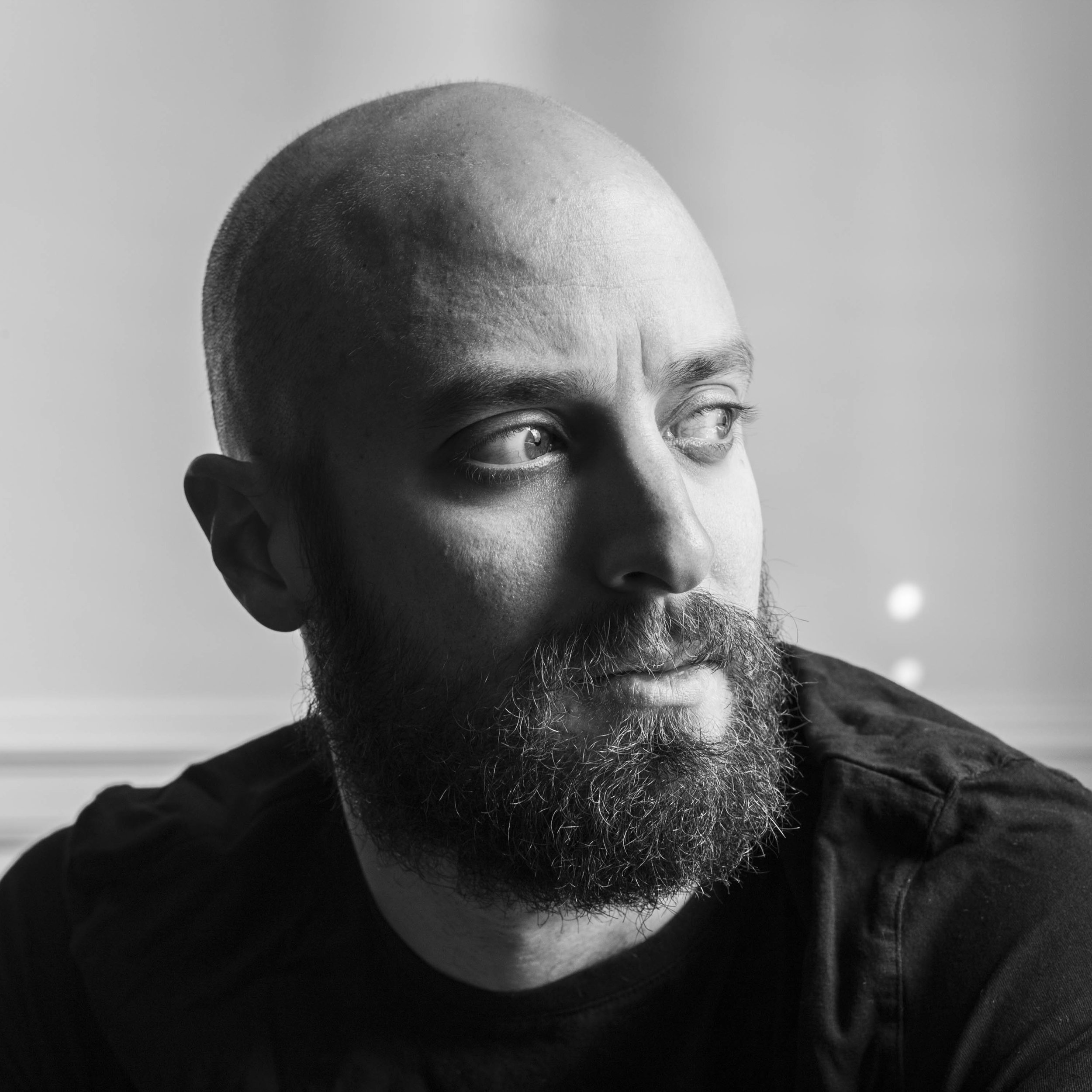Please enjoy a D’var Torah this week from JAR (Jon Adam Ross), an actor, theatre artist, and Jewish educator extraordinaire. Jon is the Managing Director and Founding Artist of The In[heir]itance Project, a national devised theater series that puts communities’ lived experiences in conversation with their sacred texts. Jon has performed in over 90 cities around the world, including at the Guthrie Theater (MN), Playhouse on the Square (TN), and in NYC where his stage credits include: a dog, a 2,000 year old bird, an elderly orthodox Jew, a spurned housewife, a horse, a British naval officer in 1700’s Jamaica, a goat, Jesus Christ, a lawyer, a hapless police chief, and a cyclops. Jon holds a BFA in Acting from NYU/Tisch and is the Director of Experiential Education at Camp Ramah in Wisconsin.
Poetry, music, theater, art. Our day-to-day experiences make it clear that, for society generally and for many of us in particular they are not so important. Poetry, music, theater, art: Arts programs are cut in schools; arts extra-curricular activities take a backseat to more prestigious pursuits for many students; arts education is somehow subsidiary to the real stuff, both at school and at camp. The arts are fine: as hobbies, as side things, as silly and juvenile distractions.
This week’s Torah reading calls out in neon lights and italics and the booming assertion of divine wisdom: poetry, music, theater, art is needed. Now more than ever. Why now? Well in the now of the Torah, there is a big transition nigh. Moses is dying. The Israelites are about to cross over into Canaan. And Joshua is stepping up to lead the people. And in this moment, Moses is not asked to keep quiet and make space for Joshua, to back away and let someone else’s voice lead the people. Rather, Moses is commanded to compose and perform a שיר / shir (which can be translated as poem or song) for the people. The message is clear: I am not going to the Promised Land with you. But you will get there. And it will be a beautiful place. And once you’re there, it’s important to remember the journey of how you got there, and of who helped you along the way. Gratitude should be maintained and cultivated.
If this sounds at all familiar, that’s because it should be. Other great prophets, recognizing that their time of leadership was at an end, have cited this text. Most famously, the late Dr. Martin Luther King, Jr., on what would be the last night of his life – April 3, 1968 – spoke from a church pulpit in Memphis to deliver this exact message.
Like anybody, I would like to live a long life. Longevity has its place. But I’m not concerned about that now. I just want to do God’s will. And He’s allowed me to go up to the mountain. And I’ve looked over. And I’ve seen the Promised Land. I may not get there with you. But I want you to know tonight, that we, as a people, will get to the Promised Land! And so I’m happy, tonight. I’m not worried about anything. I’m not fearing any man!
Moses ends that way, too. “God Himself will go before you. He will be with you; He will not fail you or forsake you. Fear not and be not dismayed!” (Deuteronomy 31:8)
And how did Moses deliver his message? Not in the prose of a sermon. No. God, in the Torah, knew that wouldn’t be enough. Moses had to deliver the message in a שיר, in a SONG. In the moments of highest stakes, we turn to poetry, to music, to theater, to art. We need it as human beings and as a people. It’s our inheritance. Our sacred texts are the poetry and the soundtrack of our lives. They are the Torah, yes, which we hear out loud in our religious ceremonies and rituals. But they are also the songs of Bob Dylan, the lyrical speeches of Sojourner Truth, the art of Marc Chagall, and the poems of Maya Angelou. They are, yes indeed, the songs we sang at the top of our lungs in the zimriyot (song festivals) of our youth at camp. I remember once during my first summer on staff, we organized a hangout one night in the Moadon with just the Junior Counselors, my aidah, the people I had grown up with as a camper. And we sang all night the songs of our memories (from musicals, from shirah / song sessions in the chadar ochel / dining hall, from the zimriyot. We didn’t have counselors or roshei aidah (division heads) any more telling us what to do. We had made it to the promised land of ‘adulthood’ at camp. We were counselors. But we remembered from whence we came, and we were grateful for the journey. And we expressed that gratitude and we accessed those memories through song.
It is challenging to imagine a life without the leaders we have. For better or worse, however, leaders come and go. We are at a moment of new life for Ramah with new leaders emerging into their roles. But when I walk through the front gate of camp next summer, I’ll be thinking about the journey. How we got this far. There were leaders before my time that I never got to know. And leaders during my time that I’ll never forget. And I know mere words cannot express it. I may not know what the words or the music are yet, but singing a song can. A song of gratitude and memory.






